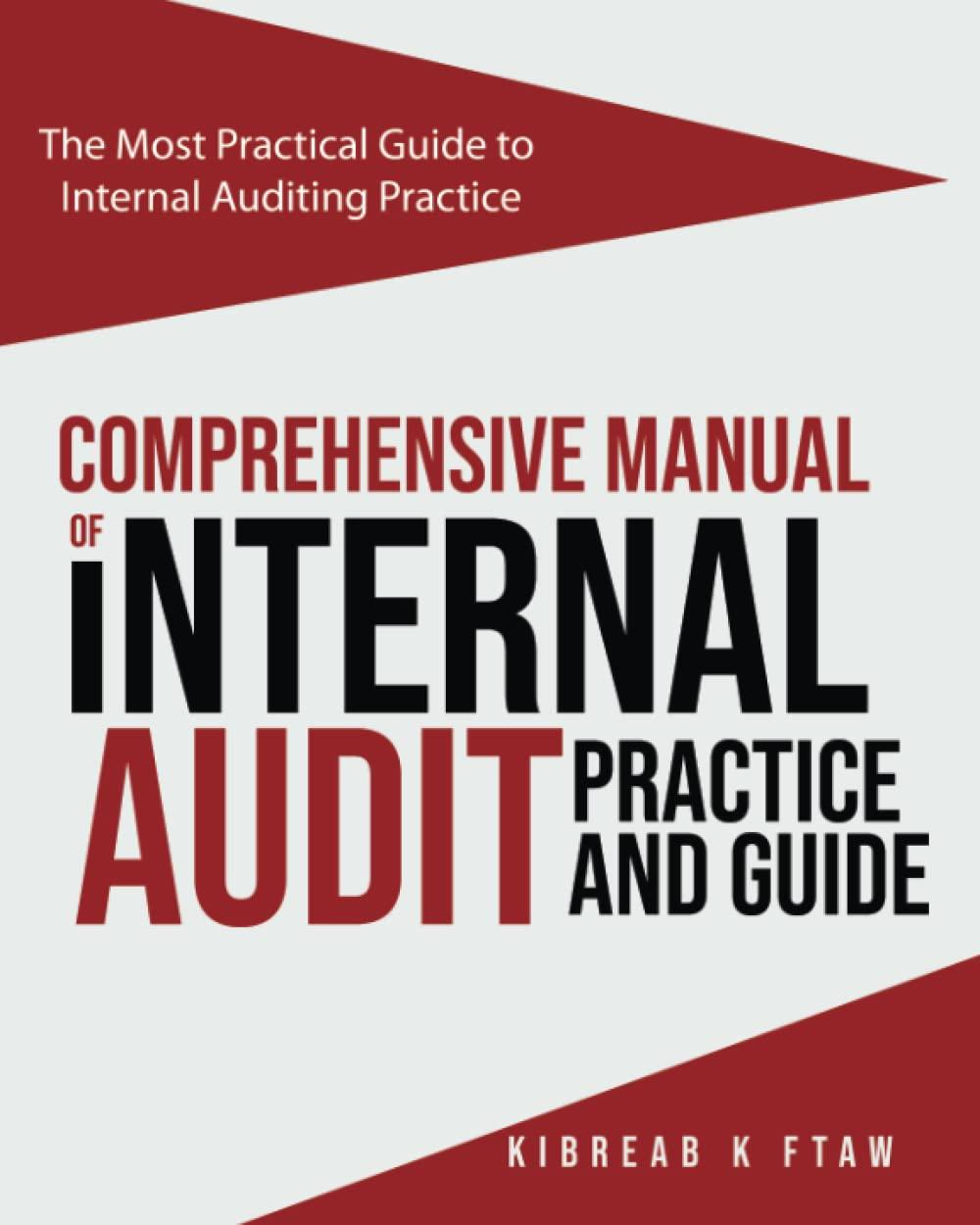Question
Metropolitan Hydro (MH) is a private company that owns and operates all of the province's electricity generation and transmission systems. It is deciding whether it
Metropolitan Hydro (MH) is a private company that owns and operates all of the province's electricity generation and transmission systems. It is deciding whether it should follow IFRS or ASPE in the upcoming year. The company must choose now and is looking to analyze the impact of following IFRS or ASPE. Each year, MH must prepare and submit audited financial statements to the government. The company generates and sells electricity to residential and commercial customers. It is committed to the following: Identifying and providing innovative solutions that will improve the reliability and efficiency of electrical delivery Sustainability (including not only profitability but also environmental sustainability)in this regard, MH has a publicly available environmental policy against which the company is measured by the government The company has just finished a new project to install smart meters in all residential houses. The meters allow residents to track usage and power supply and demand. Each meter is very expensive and will likely become technologically obsolete in three years. MH decided to pursue this strategy nonetheless due to its commitment to sustainability. The company wants all customers to think about using electricity wisely and the meters help with this. The company generally requires a security deposit (amounting to the cost of the meter) when a customer signs up to receive electricity or when the meter is first installed. The value of the meter declines over time and after three years it is worthless. If customers cancel their electricity delivery contract early, they get the full amount back once they return their meters. Otherwise, at the end of three years, MH retains the security deposit and has no obligation to return the cash. MH is rate-regulated. This means that it must ask for government approval whenever it wants to raise the rates that it charges for electricity. Generally, the government allows the company to recover all costs incurred in generating the electricity plus a reasonable profit margin. Therefore, rates are set as being equal to cost plus reasonable profit margin. This means that, once approved, the company is able to charge revenues equal to all costs incurred plus a reasonable profit. Under ASPE, special rate-regulated accounting exists. One of the features of this special accounting is that companies following rate-regulated accounting are able to defer any losses that are incurred on disposition of assets, on the basis that they can recover these losses from future revenues. IFRS does not allow this. Sometimes MH signs supply contract agreements with other suppliers of electricity to ensure that power supplies to MH customers are not disrupted. Under the terms of these contracts, MH locks in the quantity and price of electricity. However, the contracts do not explicitly include net settlement provisions. Because electricity is a commodity, the contracts may be bought and sold on the regional commodities exchange. MH is concerned about maintaining a consistent supply of electricity to its customers, since many of its generating stations are getting very old and the incidence of breakdown and generating station closures due to the age of the equipment is increasing. There is no market for these old generating stations (and MH would probably replace the capacity with newer, greener forms of electricity, such as wind or solar). Often the land that these stations are sitting on is polluted with chemicals. Technically, since this pollution occurred many years ago in most cases, there are no laws in place to force cleanup. Currently, the company is doing a voluntary land assessment and remediation program to identify the extent of this pollution. The company expects that it would recover all of the cleanup costs it might incur from future revenues through increased customer rates. However, there is always the chance that future governments might change the ability to build these costs into the rates charged to customers. Some of the generating stations are located on lands held by First Nations. The company is negotiating to obtain legal title to the lands but understands that it may have to relocate the assets. The assets in question are material. MH obtains much of its financing through bonds and commercial paper issuances. Therefore, it is important that it retain its good credit ratings. Currently, it has a very good credit rating, awarded by both S&P and Moody's credit rating agencies. This good rating helps keep costs (and therefore customer rates) down. There are debt covenants in the debt agreements that limit the amount of debt as a percentage of total capitalization (total assets). Debt may not exceed 75% of total assets under these covenants. (Currently, the actual debt to total assets ratio is 65%.) Instructions Assume the role of an accounting consultant hired to determine which set of accounting standards to follow. Discuss the financial reporting issues relating to the above. Use the case analysis framework presented in the Case Primer, including an overview, analysis, and recommendations.
Step by Step Solution
There are 3 Steps involved in it
Step: 1

Get Instant Access to Expert-Tailored Solutions
See step-by-step solutions with expert insights and AI powered tools for academic success
Step: 2

Step: 3

Ace Your Homework with AI
Get the answers you need in no time with our AI-driven, step-by-step assistance
Get Started


